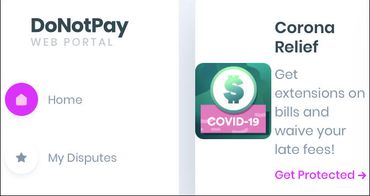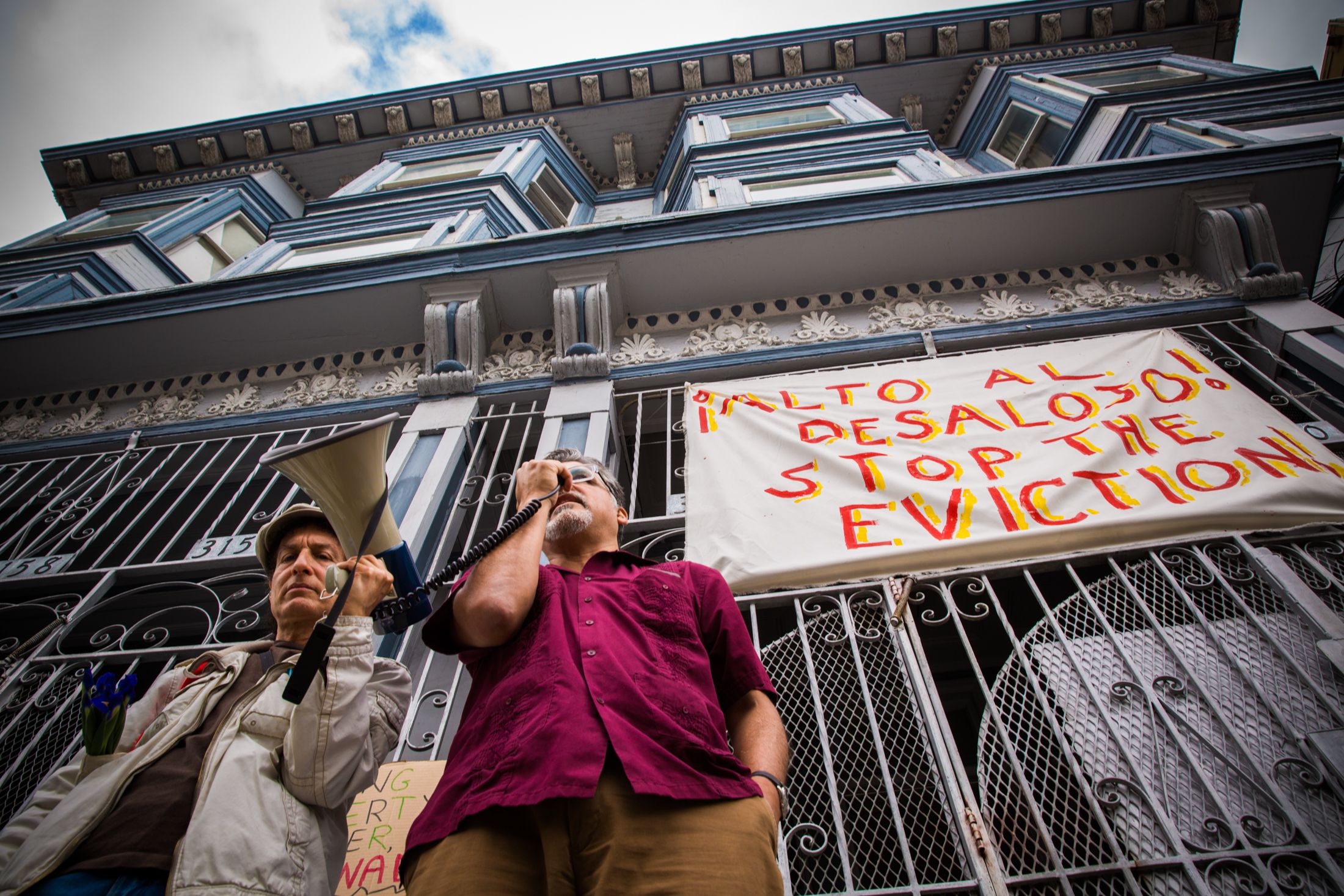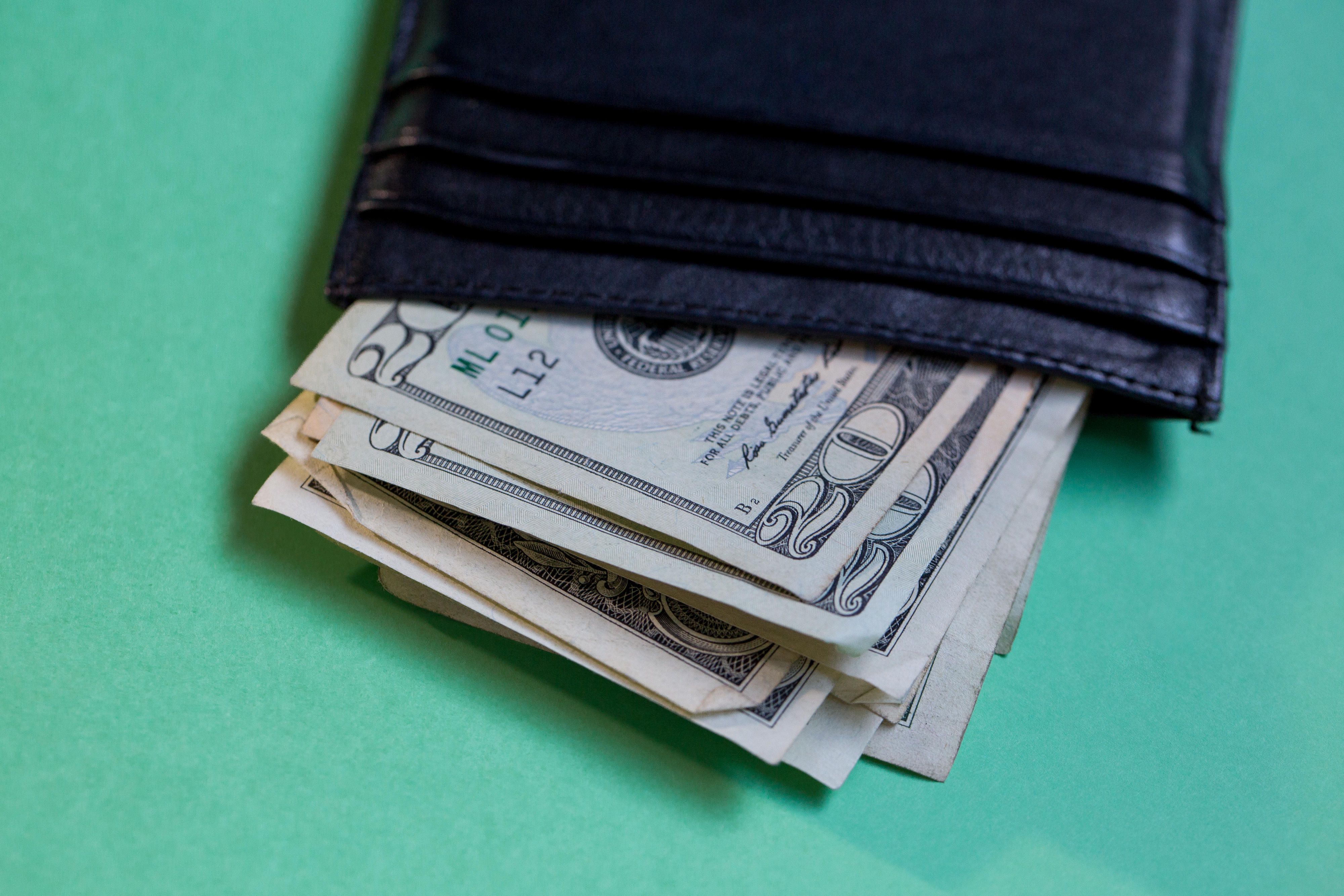Rent during coronavirus: Everything you need to know
What happens if you can't pay rent? Can you still get evicted? What resources and protections are available to help you keep your home as you weather this financial crisis?
You've heard about some of the measures passed by the government, like extending your federal tax deadline, the up to $1,200 stimulus check you should get in April and the US housing department suspending evictions and foreclosures, but it's not always clear which ones apply to you and which don't.

Ordinances vary from state to state and city to city, so there's no one-size-fits-all solution for everyone who's having trouble making rent. That's frustrating, but there are ways to figure out which protections apply to you.
Here's how to work out which laws cover tenants in your area, plus how to approach your landlord once you're armed with that information.
Online tools that can help you find resources
The online legal services chatbot at DoNotPay.com recently added a coronavirus financial relief tool that the company claims will identify which of the laws, ordinances and measures covering rent and evictions apply to you, based on your location.

DoNotPay will also draft and send a letter to your landlord on your behalf asking for either deferred payments or to waive late fees. Here's how to set up an account and use the DoNotPay chatbot.
Nonprofit website 211.org connects those in need of help with essential community services in their area. It has also recently set up a portal for pandemic assistance. If you're having trouble with your food budget or paying your housing bills, you can use 211.org's online search tool or dial 211 on your phone to talk to someone who can try to help.
Another nonprofit, JustShelter.org, puts tenants facing eviction in touch with local organizations that can help them remain in their homes or, in worst-case scenarios, find emergency housing.
Look up your specific state and local resources
The legal services website Nolo.com has a list of which states have and have not passed emergency bans on evictions. It includes links to the resolutions published by the states themselves. TheDailyBeast maintains a similar list. Protections range from almost none at all to the broad and wide, so you'll want to know exactly what the situation is in your location.

Many state governments across the country have suspended evictions for as long as 90 days, including New York, Arizona and California. Los Angeles residents will have up to a year after the city's declaration of emergency ends (whenever that may be) to catch up on any rent they were unable to pay during the pandemic -- with no late fees.
Court closures may create a loophole to delay eviction
Even if you don't live in an area covered by a ban on evictions, some districts across the country have halted court proceedings during the pandemic, meaning landlords will be temporarily unable to have courts order an eviction. Political encyclopedia Ballotpedia.org has an updated list of regional court closures. Legal news service Law360.com maintains a similar list.
In Georgia, for example, where residents are petitioning the governor to suspend rent payments, the state Supreme Court recently ordered the state's courthouses to close for all except "essential functions." Courts can open to issue arrest warrants and restraining orders, but evictions don't fall under those guidelines.
Additionally, some county sheriff's departments -- typically the arm of law enforcement tasked with serving eviction notices -- have taken it upon themselves to stop serving evictions, as was the case starting last month in Seattle. It may be worth a call to your local sheriff's office if you can't turn up any information online, but you'll also want to consult with a local real estate attorney to understand how laws in your area apply to your situation.
Ask your landlord for a reduction or extension
In almost all instances it's probably best to work out an arrangement with your landlord or leasing agency, if at all possible. Although some landlords have reacted to the pandemic by reportedly putting even more pressure on tenants to pay up, others have risen to the occasion, some going so far as to stop collecting rent payments for the next few months.
It may be worth approaching your landlord to see if they can reduce your rent in the coming months, or let you spread payments for the next couple of months' rent out over the next year. As renters across the country are beginning to organize rent strikes and more community leaders push for rent freezes, your landlord may prefer such an arrangement over not receiving any rent at all.

Just be wary of landlords who make excessive demands. For example, some are asking tenants to turn over their $1,200 stimulus check or any money received from charity as a condition for not filing an eviction order. Don't agree to unreasonable conditions or terms you won't be able to meet, especially if your city or state has enacted protections against such arrangements.
If you're concerned about your financial situation these days, consider these five ways to save money during the pandemic and get some free financial advice from these six organizations. And if you're one of the millions of Americans who will be getting a $1,200 stimulus check, be sure to spend it wisely.